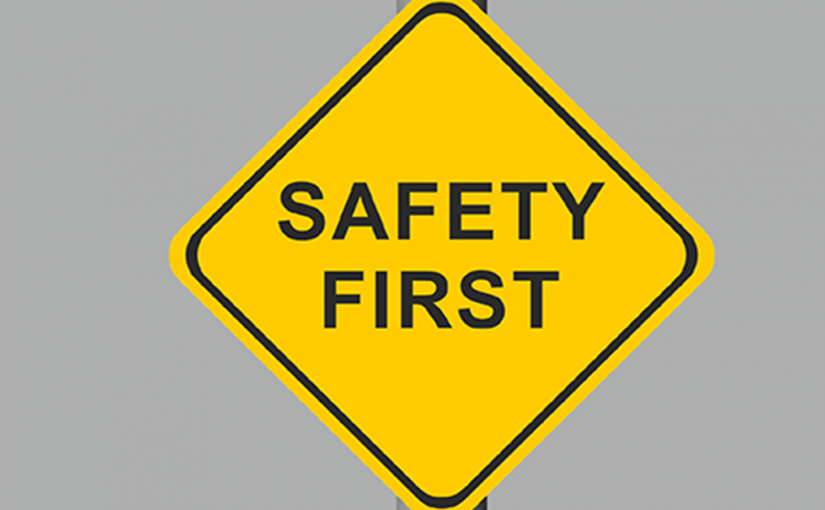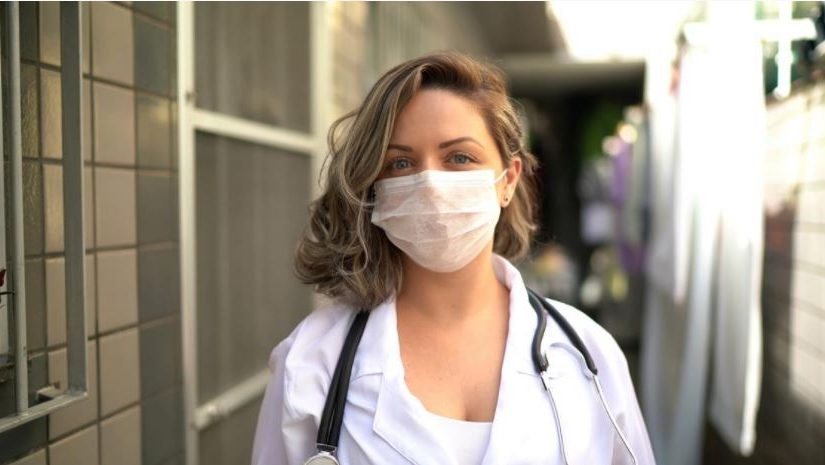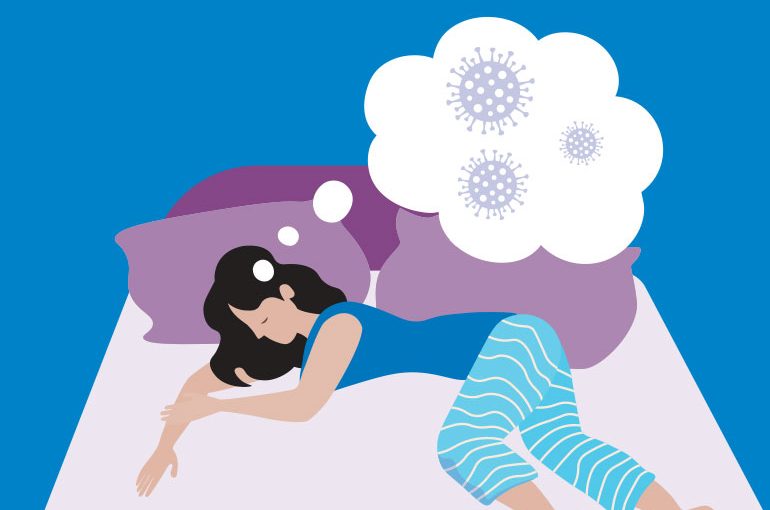Tag: #COVID19
OSHA Announces COVID-19 Focused Inspection Initiative in Health Care
The Occupational Health and Safety Agency (OSHA) announced a time-limited enforcement effort for focused inspections in hospitals, nursing facilities, and assisted living communities treating COVID-19 patients. The intent of this initiative is to magnify OSHA’s presence in health care facilities over a three-month period (March 9- June 9, 2022) to encourage employers in these industry sectors to take the necessary steps to protect their workers against the hazards of COVID-19.
Inspections will be limited to organizations with prior COVID-19-related citations or complaints. Inspections will focus on correction of prior citations and compliance with existing OSHA standards. More detailed information can be found on the OSHA website.
Vaccination Tracking and Reporting Tools for Nursing Homes
CMS Issues Letter on the Importance of COVID-19 Staff Vaccinations
Today, the Centers for Medicare and Medicaid Services Administrator Chiquita Brooks-LaSure issued a letter to health care facility administrators on the importance of COVID-19 staff vaccinations and the current CMS requirements. CMS recommends that facilities review the vaccine rule guidance released on December 28, 2021; January 14, 2022; and January 20, 2022 for additional information.
https://www.cms.gov/files/document/health-care-facility-administrator-covid-19-vaccine-letter.pdf
Facing COVID With Creativity, Connections, and Resilience
After a devastating storm, the signs of life—children going to school, lights coming on after days of power outages, neighbors talking and laughing—are powerful reminders of people’s resilience and the importance of their connections to each other. Even though the pandemic isn’t completely over, it has led to some changes, innovations, and inspiring stories that should be embraced and remembered moving forward.
One impact of COVID-19 has been a bit of a double-edged sword. The pandemic has shown a spotlight on nursing homes and other long term care facilities. While this has brought some negative and often unfair media coverage, it also presents opportunities.
As James Wright, MD, CMD, a multifacility medical director in Virginia, says, “For a brief period of time, the public was more interested than ever in what goes on in nursing homes, especially with staffing. If we take this interest and harness it into legislative and regulatory changes, we can translate this into better funding and staffing.”
Read more at https://bit.ly/3IUH1RY
Booster Shots for Residents and Staff.
Long COVID: An Emerging Threat
Long COVID—symptoms that drag on long after someone gets ill with the coronavirus—has many in long term and post-acute care experiencing déjà vu. Diagnostic challenges, questions about treatments, and a limited body of research—these are the same issues they faced at the start of the pandemic over a year ago.
However, while there are still questions, providers have learned much from the pandemic that will help centers navigate the challenges of long COVID and implement and sustain standards, processes, protocols, and interventions that maximize outcomes and quality of life for residents with this condition.
Read more by going to https://bit.ly/3lRAwoq
Pandemic Takes its Toll on Sleep
During the pandemic, sleep was in short order for many people. In one survey, 56 percent of U.S. adults said they have experienced more sleep disturbances—ranging from problems falling or staying asleep to having disturbing dreams or nightmares—in the past year and a half. In fact, this has been so common, the phenomenon has been given a name—COVID-somnia.
Pandemic-related sleep issues haven’t discriminated. Young and old people alike report some sleep-related problem. Long term and post-acute care centers not only need to identify and address sleep disturbances in their residents but in their staff as well.
See the full article at https://bit.ly/3DWPXE1
Vaccinations, Visitation, and Vigilance During the Delta Surge
- Get vaccinated as soon as possible
- Wear a mask even if you are vaccinated
- Stay home if you feel ill
- Get tested if you have COVID-19 symptoms
To maintain compliance with CMS’ QSO memo on visitation 20-39-NH Revised, while ensuring the safety of residents and staff, AHCA/NCAL recommends that nursing homes enact policies that “strongly encourage” (but not require) all visitors to:
- Be vaccinated;
- Always wear a mask during the visit; and
- Have a negative COVID-19 test if the community spread of COVID-19 is moderate to high OR obtain a negative Point of Care test the day of or day before visitation.
New Updates to Regulatory and Agency COVID-19 Guidelines
With the Delta variant spreading rampantly throughout the U.S., AHCA/NCAL wants to keep members informed of the recent COVID-19 regulatory and Agency updates.
Find links to all these updates at https://www.ahcancal.org/News-and-Communications/Blog/Pages/New-Updates-to-Regulatory-and-Agency-COVID-19-Guidelines-.aspx





